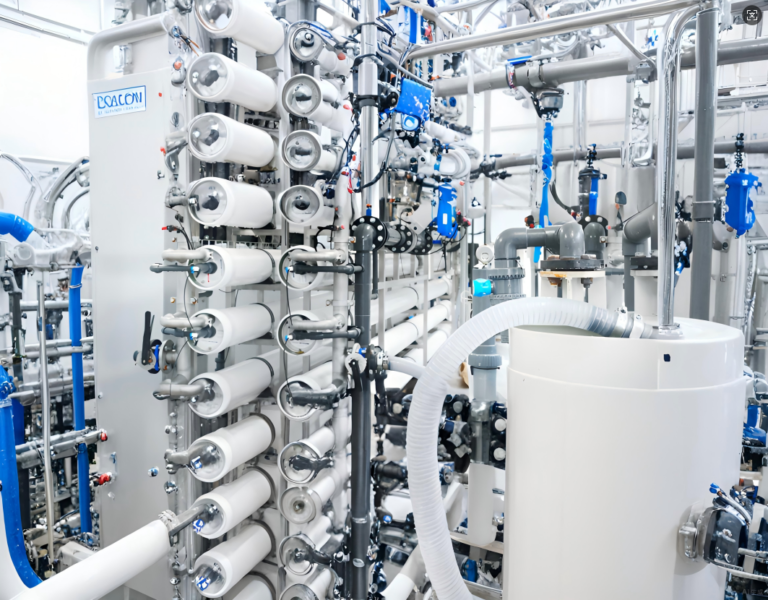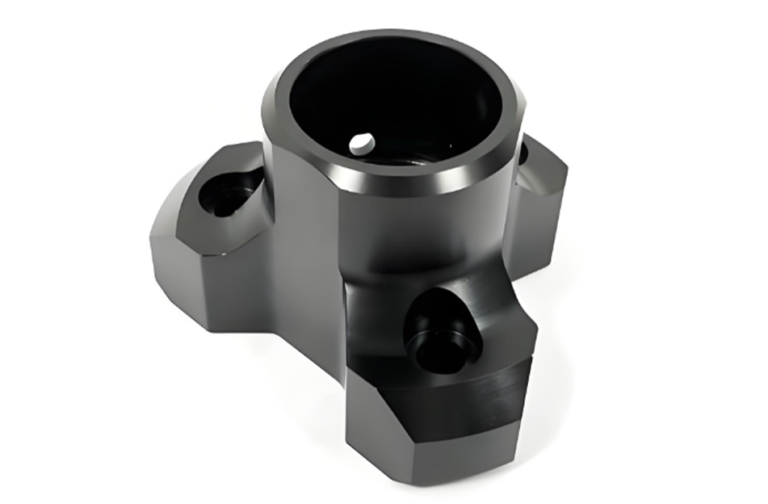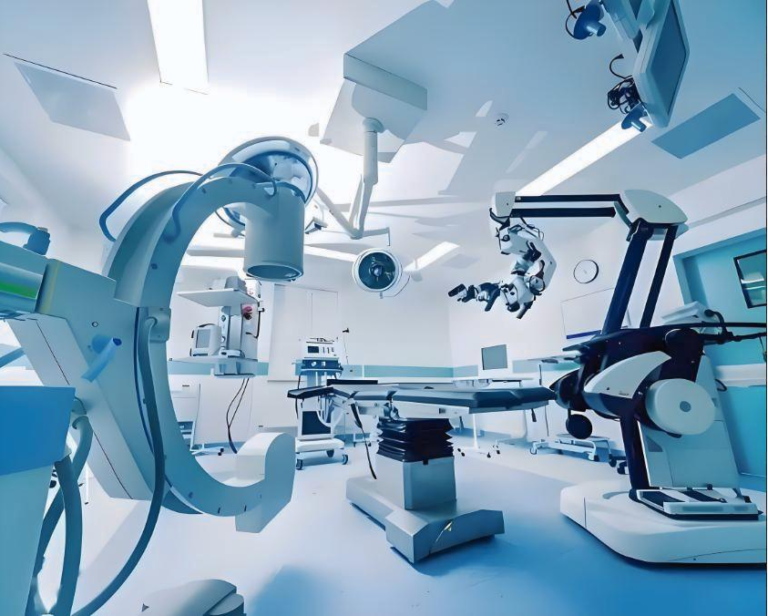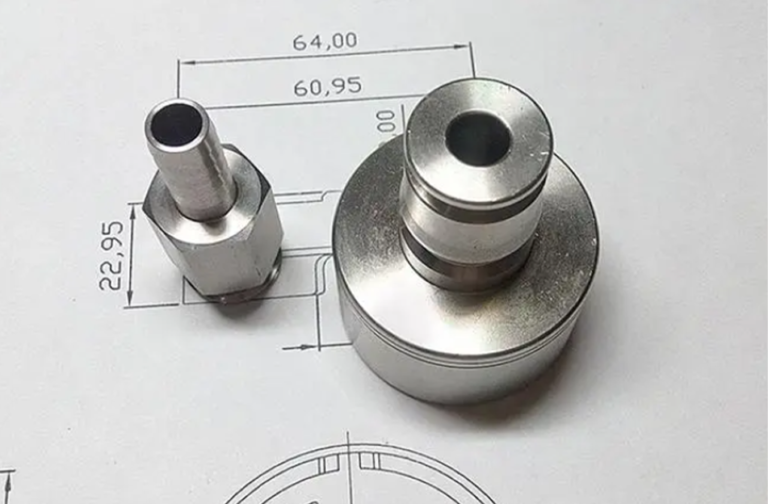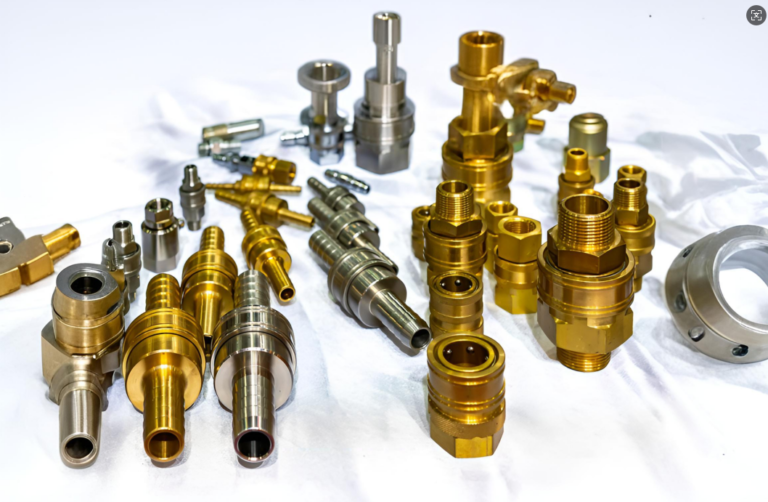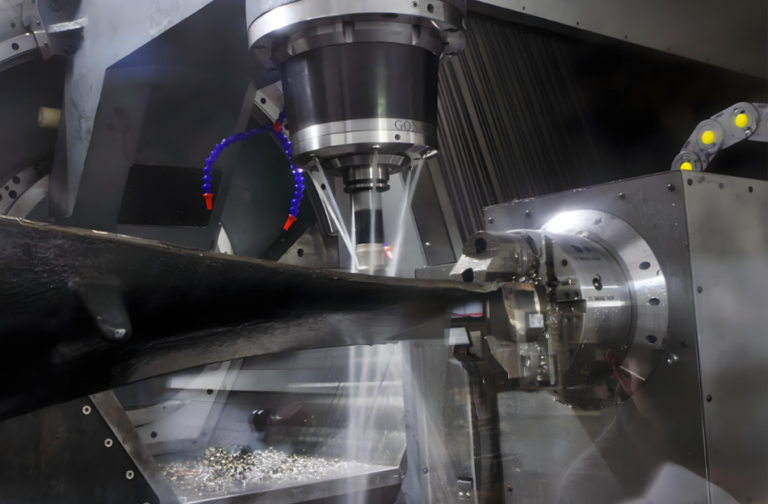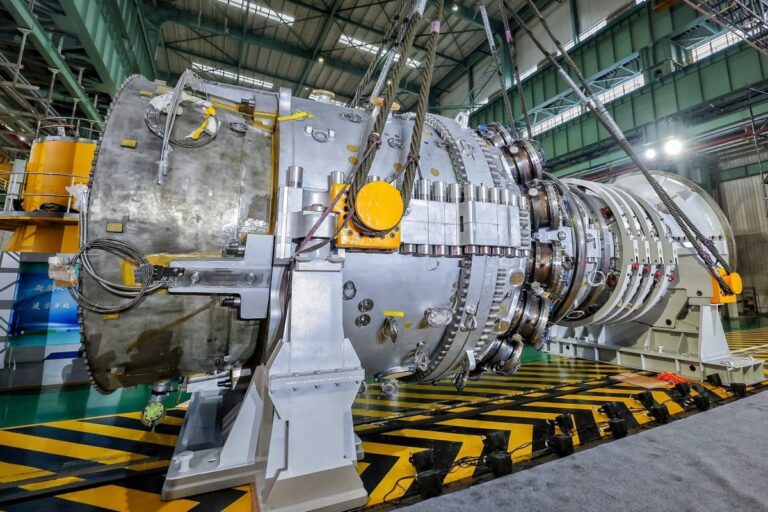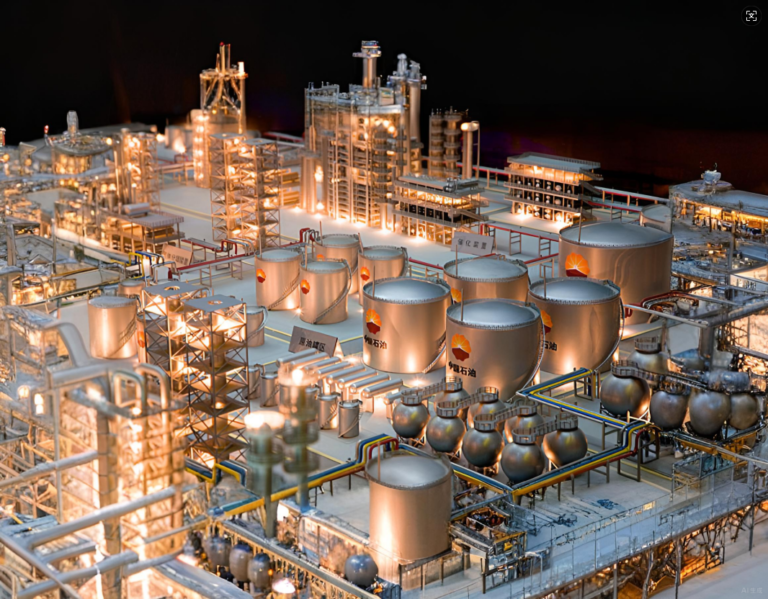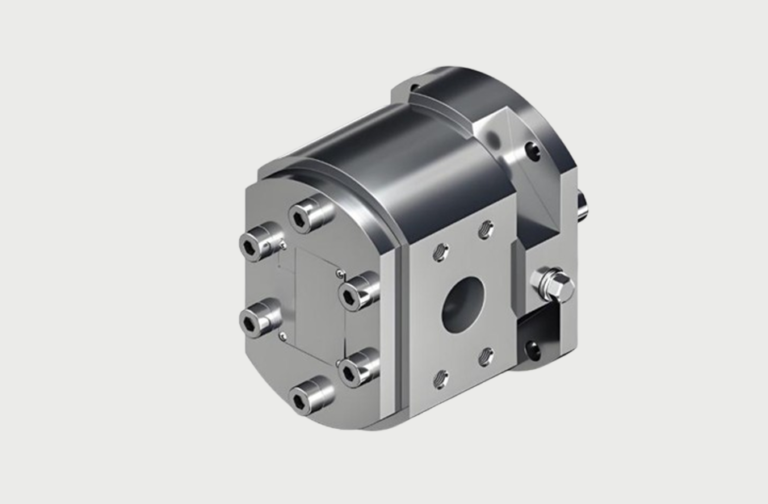Introduction to Precision Machining
Precision machining is the cornerstone of modern manufacturing, enabling the creation of components with exceptional accuracy and fine tolerances. By using advanced CNC machinery, manufacturers can produce intricate designs and complex geometries that meet the exact requirements of industries such as aerospace, automotive, medical devices, and robotics. At ZKPTC, we combine state-of-the-art technology with years of expertise to deliver precision-machined parts that exceed expectations.
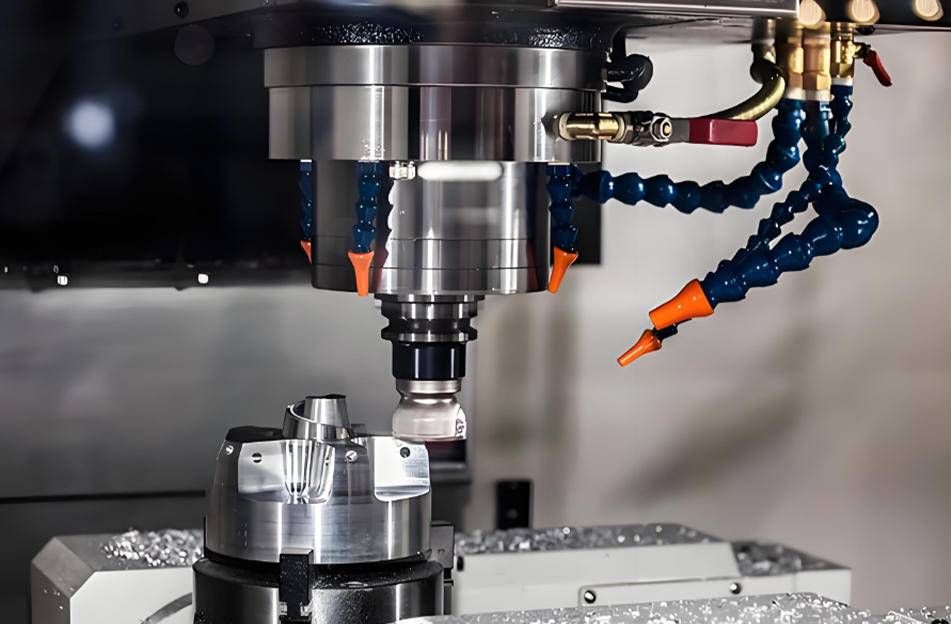
Key Processes in Precision Machining
CNC Milling
CNC milling employs rotary cutters to shape a workpiece, offering flexibility and precision for intricate parts. This process is essential for creating custom components with high dimensional accuracy.
CNC Turning
CNC turning focuses on rotating the workpiece while a stationary tool cuts into it, ideal for producing cylindrical components with smooth finishes and precise tolerances.
Electrical Discharge Machining (EDM)
EDM utilizes electrical discharges to remove material, making it perfect for machining hard metals and producing sharp internal corners that conventional tools cannot achieve.
Surface Finishing
Post-machining treatments, including polishing, anodizing, and coating, enhance the durability, aesthetics, and functionality of precision-machined parts.
Materials Commonly Used in Precision Machining
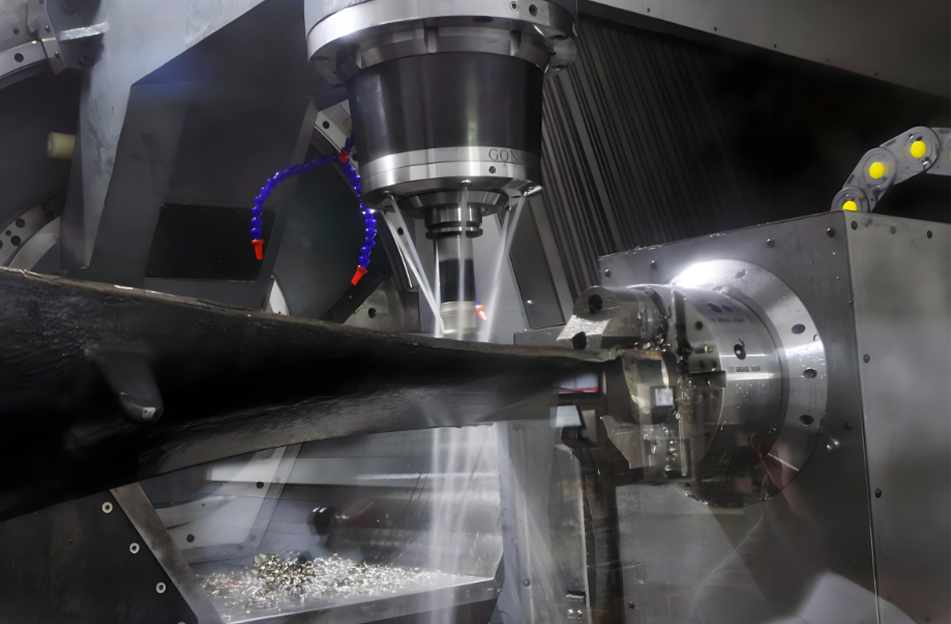
Stainless Steel
Known for its strength and corrosion resistance, stainless steel is widely used for structural and mechanical components.
Aluminum Alloys
Lightweight and durable, aluminum alloys are ideal for aerospace, automotive, and consumer electronics applications.
Engineering Plastics
Materials like PEEK and Nylon offer excellent chemical resistance and are commonly used in precision non-metallic parts.
Exotic Alloys
Titanium and Inconel provide superior performance in extreme environments, making them essential for aerospace and medical device applications.
Applications Across Industries
Aerospace
Precision machining is essential for creating turbine blades, structural components, and cockpit control systems with uncompromised accuracy.
Automotive
Engine components, transmission systems, and custom prototypes rely on precision machining for performance and durability.
Medical Devices
Surgical instruments, implants, and diagnostic equipment require precise manufacturing to ensure safety and effectiveness.
Robotics and Automation
From robotic joints to control mechanisms, precision-machined parts ensure seamless movement and reliable performance.
Advantages of Precision Machining
High Accuracy
Precision machining achieves micron-level tolerances, ensuring every component fits seamlessly into its intended application.
Efficiency and Cost-Effectiveness
Reduced material waste and optimized production processes lead to cost savings without compromising quality.
Flexibility in Design
Complex shapes and intricate geometries can be achieved effortlessly through advanced CNC machining techniques.
Consistency in Production
Each batch maintains uniform quality, regardless of volume, thanks to highly automated processes.
ZKPTC’s Expertise in Precision Machining

State-of-the-Art Technology
At ZKPTC, we leverage advanced CNC equipment, including 5-axis machinery, to deliver exceptional results across diverse projects.
Skilled Engineering Team
Our expert machinists and engineers bring extensive experience to every project, ensuring top-tier results for even the most complex components.
Tailored Solutions
We provide customized precision machining solutions that meet the unique requirements of each client, from prototyping to full-scale production.
Global Clientele
With a strong international presence, ZKPTC serves clients across industries worldwide, delivering consistency and reliability in every project.
Success Stories: Real-World Applications
Aerospace Innovation
ZKPTC delivered high-precision turbine blades that met stringent aerospace standards for safety and reliability.
Medical Excellence
Customized surgical instruments were manufactured with biocompatible materials, enhancing their functionality in critical medical procedures.
Automotive Efficiency
Our precision-machined prototypes helped automotive clients reduce time-to-market and improve overall vehicle performance.
Future Trends in Precision Machining
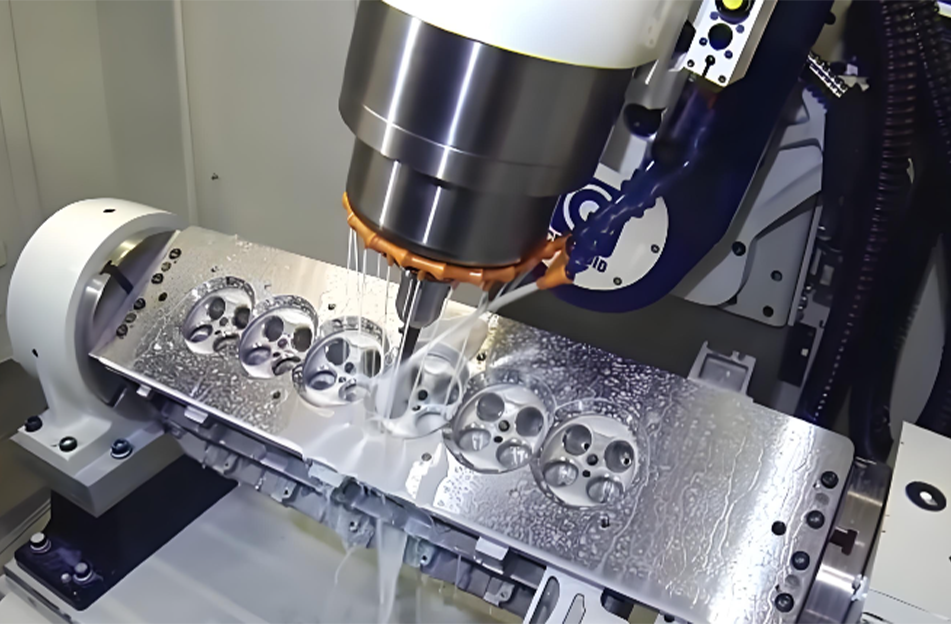
Smart Manufacturing
Integration of IoT and AI technologies in machining systems enhances predictive maintenance and real-time monitoring.
Sustainable Manufacturing
Eco-friendly materials and optimized processes reduce environmental footprints in precision manufacturing.
Hybrid Technologies
Combining CNC machining with additive manufacturing opens up new design possibilities and reduces material waste.

